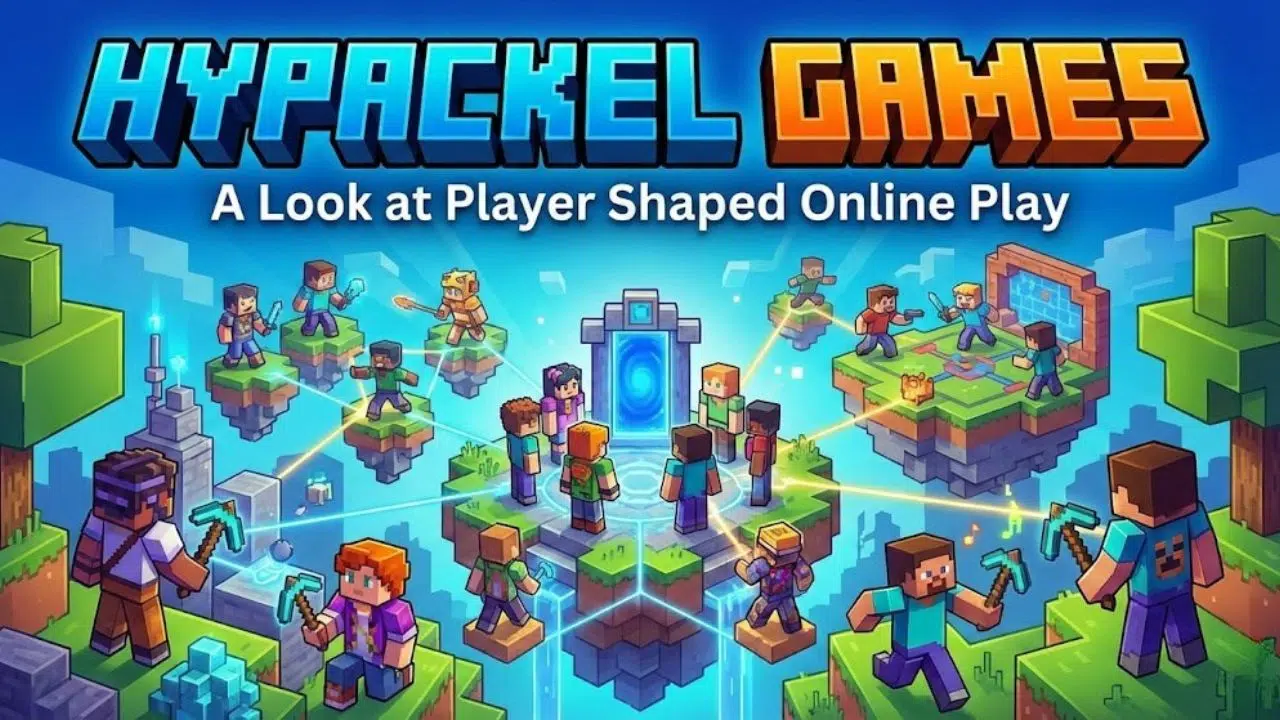The mechanism of action of esketamine, a nasal spray approved for treatment-resistant depression, represents a significant departure from traditional antidepressants. Unlike conventional options that primarily target the neurotransmitters serotonin, norepinephrine, and dopamine, esketamine operates through a different pathway. Here’s how:
- Esketamine targets the brain’s N-methyl-D-aspartate (NMDA) receptors, which are involved in mood regulation and cognitive functions. This action is believed to contribute to its rapid antidepressant effects.
- It increases brain-derived neurotrophic factor (BDNF) levels, which plays a crucial role in brain plasticity and the formation of new neural connections. This is thought to help reverse the neural changes associated with depression.
- Esketamine’s impact on the glutamate system, the most abundant excitatory neurotransmitter system, offers a novel approach. By modulating this system, esketamine can quickly improve depressive symptoms in some patients, unlike traditional antidepressants, which may take weeks to become effective.
Comparing Side Effects: Esketamine vs. Traditional Antidepressants
Understanding any medication’s side effect profile is crucial for clinicians and patients. Esketamine, a relatively new player in the field of depression treatment, has been compared to traditional antidepressants in several case studies and clinical trials. One notable study published in the American Journal of Psychiatry highlighted that while esketamine can cause dissociation, dizziness, nausea, sedation, and increased blood pressure shortly after administration, these effects are generally transient and diminish with continued use. On the other hand, traditional SSRIs and SNRIs, which have been the cornerstone of depression treatment for decades, are associated with sexual dysfunction, weight gain, insomnia, and sometimes an increase in suicidal thoughts, especially in younger populations. It’s important to note that the risk of dependency and misuse associated with esketamine, given its pharmacological similarity to ketamine, is a concern, necessitating strict clinical oversight. This comparison underscores the importance of tailoring treatment to the individual, considering both the medication’s efficacy and side effect profile. Choosing the right antidepressant is a nuanced decision that should involve a thorough discussion of the benefits and potential side effects, guided by clinical evidence and patient preferences.
Efficacy in Treatment-Resistant Depression: A Closer Look
Exploring the landscape of depression treatment reveals a significant shift towards innovative therapies, particularly with the introduction of esketamine. Traditional antidepressants, while effective for many, often fall short for patients with treatment-resistant depression (TRD). Esketamine, a nasal spray approved by the FDA, has shown promise in this challenging area. Studies indicate that esketamine when combined with oral antidepressants, can provide rapid relief of symptoms for individuals who have not responded to other treatments. This rapid onset of action is a stark contrast to traditional antidepressants, which may take weeks to become effective. The ability of esketamine to fill this gap is a pivotal advancement in mental health care, offering hope to those who have struggled with persistent depression.
Comparative analyses and clinical trials underscore the unique position of esketamine in treating TRD. It’s not merely about the presence of an alternative option but about introducing a treatment that can significantly alter the course of a patient’s life within a short period. Esketamine’s efficacy, particularly in those who have found little to no relief from conventional antidepressants, underscores its potential as a game-changer in mental health care. However, it’s crucial to approach this new treatment option with a balanced perspective, considering its promising benefits and the need for further research to understand its long-term effects and optimal usage protocols fully. The ongoing comparison between esketamine and traditional antidepressants is not just a matter of efficacy but also of providing personalized and effective care for those battling treatment-resistant depression.
The Speed of Relief: Analyzing Time to Effectiveness
When comparing esketamine to traditional antidepressants, a critical factor to consider is the speed at which patients begin to experience relief from their symptoms. Traditional antidepressants, such as SSRIs and SNRIs, typically require several weeks to build up in a person’s system before any noticeable change in mood or outlook occurs. This delay can be agonizing for those suffering from severe depression. On the other hand, esketamine, administered as a nasal spray in a clinical setting, has been reported to produce noticeable effects within hours to days of the first dose. This rapid onset of action can be a lifeline for individuals struggling with treatment-resistant depression, where traditional antidepressants have failed.
Experts in the field of psychiatry and neuropharmacology emphasize the importance of considering individual patient needs and the severity of depression when choosing between esketamine and traditional antidepressants. While the quick action of esketamine represents a significant advantage for those in acute distress, it is also essential to weigh this against the potential for side effects and the need for administration under medical supervision. Furthermore, long-term studies on esketamine’s efficacy and safety are ongoing, making it crucial for healthcare providers to stay informed about the latest research and guidelines. In contrast, traditional antidepressants have a long track record of efficacy and safety for a broad range of patients, making them a more suitable option for many individuals facing depression.
Long-Term Outcomes: Sustainability of Depression Relief
Delving into the long-term outcomes of depression treatment, it’s crucial to assess how esketamine compares with traditional antidepressants in terms of sustainability. Esketamine, a relatively new player in the field of depression treatment, has shown promise in rapid symptom relief, particularly in treatment-resistant cases. However, its long-term efficacy and sustainability remain under scrutiny. Traditional antidepressants, on the other hand, have a long history of use, with extensive data supporting their effectiveness over extended periods. Yet, for some patients, these medications lose their efficacy over time, leading to a relapse of depressive symptoms.
Considering the sustainability of depression relief, several factors come into play:
- Rate of Relapse: Studies suggest that patients treated with esketamine may experience a lower rate of relapse compared to those on traditional antidepressants, provided the treatment is part of a comprehensive, ongoing care plan.
- Treatment Compliance: The ease of use and fewer side effects associated with some traditional antidepressants may lead to higher compliance rates, which is a critical factor in the long-term management of depression.
- Psychological and Social Support: The effectiveness of both esketamine and traditional antidepressants is significantly enhanced when combined with psychological therapies and strong social support networks.
Both esketamine and traditional antidepressants have their roles in the treatment of depression, with each offering unique benefits. The choice between esketamine and traditional antidepressants should be tailored to the individual’s specific needs, considering factors such as the severity of symptoms, response to previous treatments, and the presence of comorbid conditions. Ongoing research and clinical trials will continue to shed light on the long-term outcomes of these treatments, offering hope for more effective and sustainable depression management strategies.
Patient Experiences: Real Stories of Esketamine vs. Conventional Treatments
Many individuals grappling with depression have ventured through the long and often disheartening journey of finding a treatment that works for them. Among the myriad options, esketamine, a relatively new player in the field, has been a beacon of hope for some. Patients who have transitioned to esketamine from traditional antidepressants often report a quicker onset of effects. This is crucial for those who have struggled with the prolonged timelines associated with conventional treatments.
Conversely, it’s essential to acknowledge that esketamine is not a one-size-fits-all solution. Some patients find the nasal spray delivery method less appealing and report side effects such as dissociation and nausea, which can be challenging to manage. Traditional antidepressants, with their extensive history of use, offer a familiarity and a broader understanding of long-term effects that some patients and clinicians find reassuring.
Navigating Treatment Choices: Expert Recommendations on Esketamine and Traditional Antidepressants
Deciding between esketamine and traditional antidepressants involves considering several critical factors, including efficacy, side effect profiles, and mode of administration. Esketamine, approved for treatment-resistant depression, offers a novel mechanism of action compared to traditional antidepressants like SSRIs (Selective Serotonin Reuptake Inhibitors) and SNRIs (Serotonin and Norepinephrine Reuptake Inhibitors). Studies suggest that esketamine can provide rapid relief of depressive symptoms, often within hours to days, which is a significant advantage over traditional antidepressants that may take weeks to become effective. However, weighing this against esketamine’s side effect profile is essential, including dissociation, dizziness, increased blood pressure, and administration under medical supervision. In contrast, traditional antidepressants, which are taken orally, generally have a more manageable side effect profile but require longer to ascertain their full effect. Below is a comparison table highlighting critical differences between esketamine and traditional antidepressants.










































